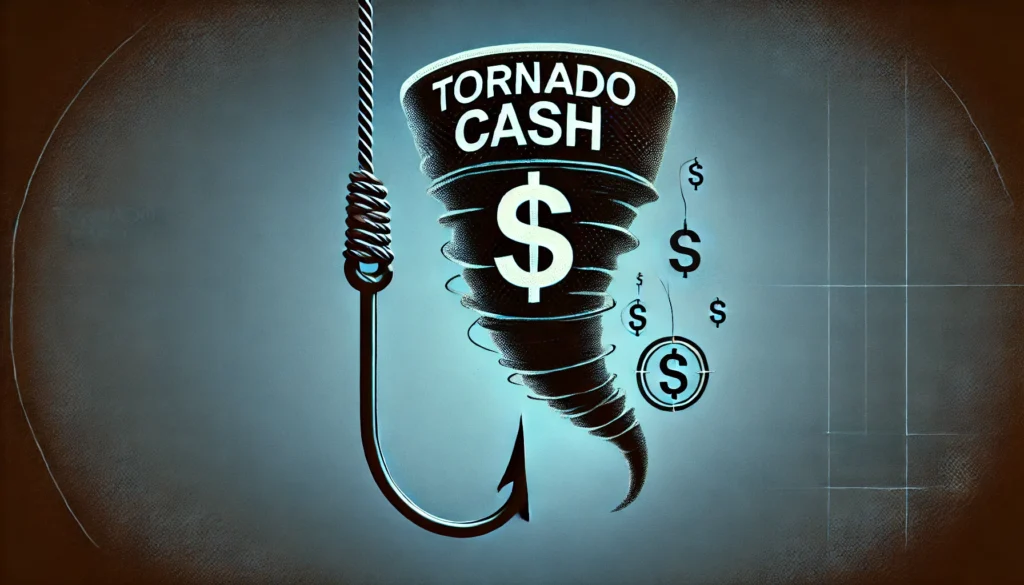
The trial against Roman Storm, co-founder of the cryptocurrency mixer Tornado Cash, is set to begin on December 2 in New York after Judge Katherine Polk Failla of the Southern District of New York rejected the motion to dismiss the case. The legal battle has garnered significant attention within the crypto community, as Tornado Cash is one of the most well-known platforms used for mixing cryptocurrencies to enhance transaction anonymity.
In the US v. Storm (Tornado Cash) hearing just now, the court rejected the arguments in Storm's motion to dismiss as a matter of law and heavily punted what she said were factual issues for trial ("To the extent Storm is asking me to decide a controverted issue of fact, I am not… https://t.co/enpBby3Gue
— Amanda Tuminelli (@amandatums) September 26, 2024
Storm’s Arguments on Free Speech
Storm’s defense attorneys argued that the First Amendment of the U.S. Constitution protects software developers, including those creating code related to mixers. They contended that Storm’s actions fell under the protection of free speech since he merely developed the code and did not engage in any criminal activities.
However, Judge Failla dismissed these arguments, stating that the functional capabilities of Tornado Cash’s code could not be protected by free speech.
“Let me put it more simply: the government was not required to claim that Storm conspired with users to promote or facilitate illegal activities…” Judge Failla remarked. She emphasized that the evidence must show that Storm was aware of illicit profits, rather than simply creating the software.
Views on Regulation and Security
Judge Failla also pointed out that government measures aimed at combating money laundering and sanctions evasion were not intended to suppress free speech. In her view, the main issue with CeFi projects is the management of private keys, which often do not undergo security audits.
The problem of code security remains a pressing issue, especially in an environment where both decentralized and centralized financial systems are increasingly targeted by hackers and regulators.








 Cryptol – your source for the latest news on cryptocurrencies, information technology, and decentralized solutions. Stay informed about the latest trends in the digital world.
Cryptol – your source for the latest news on cryptocurrencies, information technology, and decentralized solutions. Stay informed about the latest trends in the digital world.